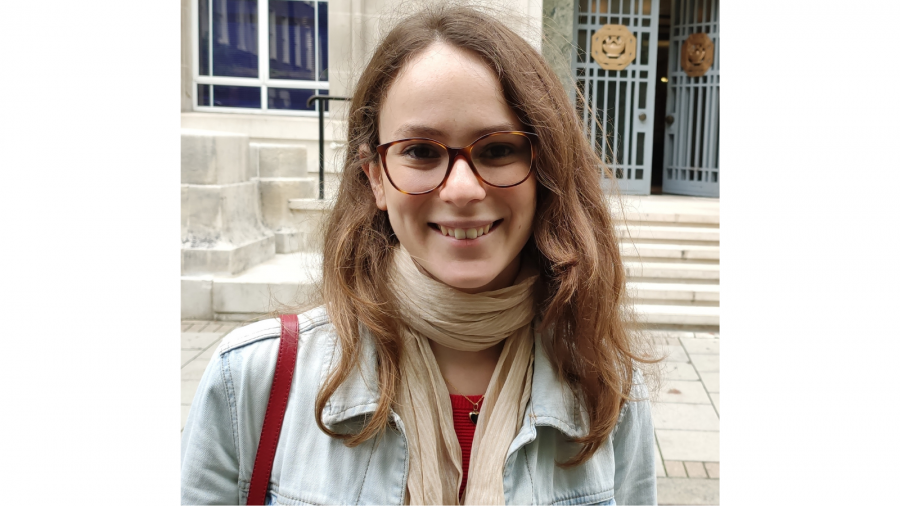Gizem Ozbaykal-Guler recognised as an ‘outstanding young life-scientist’ through prestigious new Fellowship
6 May 2021 London School of Hygiene & Tropical Medicine London School of Hygiene & Tropical Medicine https://lshtm.ac.uk/themes/custom/lshtm/images/lshtm-logo-black.png
Dr Gizem Ozbaykal-Guler
The Human Frontier Science Program (HFSP) has awarded Dr Gizem Ozbaykal-Guler a Long-Term Fellowship to study infection biology.
The prestigious fellowships are awarded to the world’s most outstanding young life-scientists who have proposed original approaches at the frontier of biological research. Gizem, a post-doctoral research fellow in the Mostowy lab at the London School of Hygiene & Tropical Medicine (LSHTM), is one of 63 successful applicants to the latest round of fellowships announced by HFSP in April 2021.
HFSP promotes international collaboration in basic research investigating the sophisticated and complex mechanisms of living organisms. The Fellowships are chosen through rigorous international selection out of a total of 665 applications from scientists of 65 different nationalities
Dr Ozbaykal-Guler’s fellowship focuses on the ‘Use of Shigella-septin interactions to explore biophysical cues in cell-autonomous immunity’. She will investigate the interactions between the bacterium Shigella and septins – poorly understood components of the cytoskeleton of human cells that are important to the immune system – using cutting-edge fluorescence microscopy. It is hoped the research will uncover new concepts in infection and cell biology which could lead to a new class of treatments for bacterial infections.
Dr Ozbaykal-Guler said: “Receiving an HFSP fellowship is a unique opportunity to address challenging research questions and to discover new concepts in host defence. In the future, outcomes of my proposal may be useful to innovate septin-based approaches and improve host defence against bacterial infections.”
Each fellowship is worth about $225,000 USD spread over three years, enabling Dr Ozbaykal-Guler to draw up plans to set up her own independent laboratory towards the end of her fellowship.
It will build on her current research at the Mostowy lab, led by Professor Serge Mostowy, which Gizem joined in October 2020. The Mostowy lab was the first to show that septins can entrap Shigella inside cage like structures for host defence.
Professor Mostowy said: “Gizem’s accomplishments are outstanding, and I am delighted that HFSP has recognised her research as an exciting, emerging area of infection and cell biology. Gizem’s proposal has the potential to revolutionise our view of cell-autonomous immunity, and may one day inspire future medicine.
“I have no doubt that Gizem has the talent and drive to become a successful independent researcher, and a prestigious HFSP fellowship will significantly enable her to achieve this goal. I wish Gizem success in her career path, and genuinely look forward to the work she will produce in the next stage of her career.”
Prior to joining LSHTM, Dr Ozbaykal-Guler completed her PhD in Cell Biology at Institut Pasteur in Paris, France. Her thesis used Escherichia coli, a bacterium closely related to Shigella, as a model organism to study how bacterial cells remodel their cell wall during growth while maintaining their cell shape.
Dr Ozbaykal-Guler completed her undergraduate training and MSc in materials science and engineering at Sabanci University in Istanbul, Turkey.
If you enjoyed this article and would like to build a career in global health, we offer a range of MSc programmes covering health and data, infectious and tropical diseases, population health, and public health and policy.
Available on campus or online, including flexible study that works around your work and home life, be part of a global community at the UK's no.1 public health university.